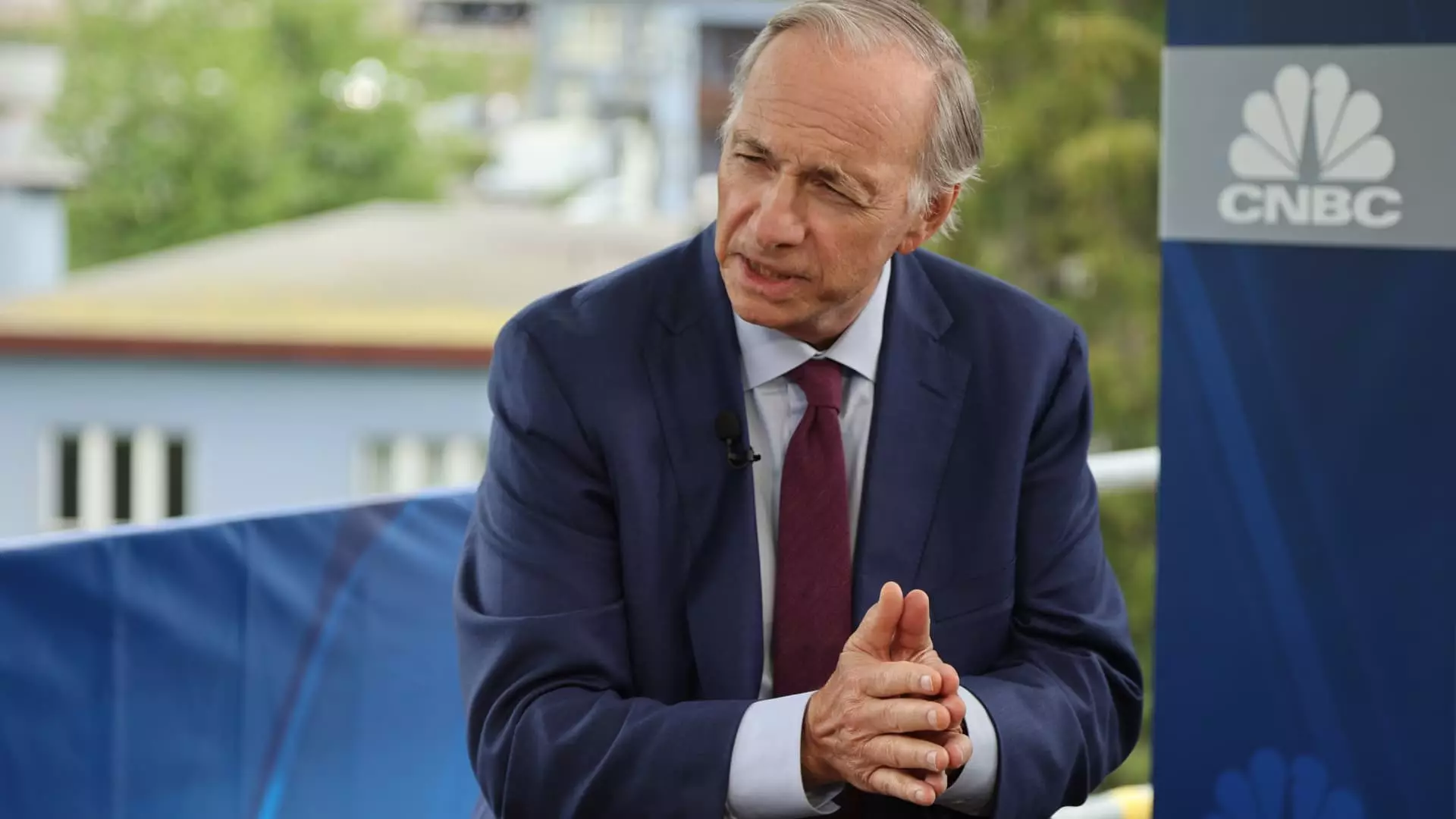As the United States approaches its 2024 presidential elections, both political analysts and influential figures are making profound observations about the stakes involved. Among them is Ray Dalio, the founder of Bridgewater Associates, who posits that this election could be the most consequential of his lifetime. His assertion reflects a growing concern over deepening divisions within the American electorate, which pose significant challenges to societal cohesion and governance. With the ongoing polarization, the potential for an orderly transition of power has come into question, highlighting the fragility of democratic norms in such a monumental year.
Dalio articulates the notion that the rift between the Republican and Democratic parties extends beyond mere political disagreements; it signifies a broader societal dysfunction. Key issues such as abortion, immigration, and climate change remain hotly contested, yet the overarching sentiments among voters appear focused on economic hardships, particularly inflation and the high cost of living. This juxtaposition raises questions about the effectiveness of current leadership styles. The prevailing “win-at-all-cost” mentality often prevents meaningful discourse and compromise, leading to a governance model that diverges from the ideals of democracy. In this climate, the urgency for a moderate leader—someone capable of uniting divergent factions—cannot be overstated.
Dalio’s call for a “strong leader of the middle” suggests that the time has come for a transformative approach to leadership, one that prioritizes broad-based prosperity over partisan ideologies. He envisions a political landscape where moderates can collaborate to implement reforms that address the needs of a broader demographic. The current political discourse, dominated by extremes, has left many feeling disenfranchised and unrepresented. The path to revitalization, according to Dalio, lies in creating conditions for widespread opportunity and economic stability, which would, in turn, foster societal order.
Drawing comparisons to global examples like Singapore, Dalio emphasizes the importance of education and social infrastructure in promoting equitable growth. Singapore’s model showcases how strategic governance can ensure access to quality education and affordable housing, elements that Dalio believes are crucial for nurturing an innovative and productive population. The United States, with its wealth and resources, has the potential to replicate similar successes, but only if it embraces a cooperative, rather than combative, political approach.
As America heads into what could be a defining election, the picture painted by Ray Dalio serves both as a warning and a rallying cry. The need for leadership that bridges divides is urgent, as the internal conflicts threaten to overshadow the common goals that unite citizens across party lines. In channeling unity and collective prosperity, the country could pave a more harmonious and fruitful path forward, one that could reshape the American political landscape for generations to come. Those elected must transcend their differences to forge a collaborative future that prioritizes societal well-being above all else.


Leave a Reply